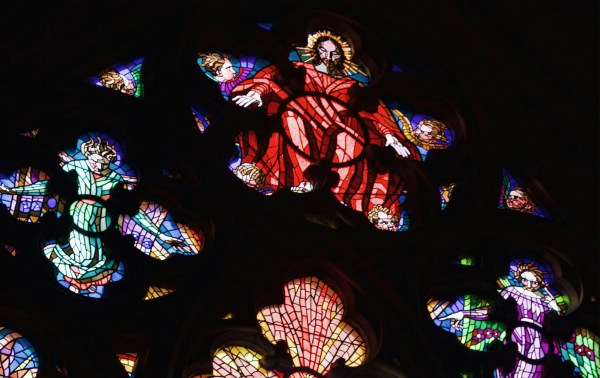It’s not every day we fact-check anonymous Twitter accounts with cartoons for avatars. But when a falsehood garners 15,800 retweets and 30,200 likes (and counting), it is worth correcting the record.
Nearly every line of that tweet is inaccurate. Let’s dive in.
For starters, President Trump has nominated 238 federal judges during his first three years in office, 187 of whom have been confirmed by the Senate, with 35 still awaiting a confirmation vote. We can call that a rounding error.
But semantics (and spelling) aside, @BeeepBeeep33’s main point is that Trump’s judicial nominees have been exclusively white or Asian, exclusively pro-life, and exclusively antagonistic to the LGBT community. These claims are easily disproved.
Yes, most of Trump’s judicial appointees have been white. But not all. Jason Kenneth Pulliam, a black man, was nominated by President Trump earlier this year as a district judge for the Western District of Texas, for example. Same goes for Rossie David Alston Jr. and the Eastern District of Virginia. Stephanie Davis, a black woman, was confirmed this month as district judge for the Eastern District of Michigan. Trump nominated David Morales, a Hispanic man, to serve as district judge for the Southern District of Texas, and Rodolfo Ruiz for the Southern District of Florida.
Trump also nominated Mary Rowland, a lesbian, as a district judge for the Northern District of Illinois. Patrick Bumatay, of Filipino descent, recently became the highest-ranking openly gay federal judge in the country when he was confirmed to the 9th Circuit Court of Appeals earlier this month. Some might argue that being a member of the LGBT community is not equivalent to being pro-LGBT, but Rowland, for example, volunteered for President Obama’s 2008 campaign and was praised by Democratic senators upon her confirmation.
As for abortion, countless Trump nominees have pledged to follow the precedent set by Roe v. Wade. These pledges don’t necessarily indicate a nominee’s personal feelings about abortion, but they are intended as a guide as to how a judge might rule in a case on the issue.
It is true some Trump judicial nominees have evaded questioning over the Brown v. Board of Education ruling that deemed school segregation unconstitutional. When asked if the case was properly decided, Wendy Vitter, now a district judge in Louisiana, said “I don’t mean to be coy, but I think I get into a difficult, difficult area when I start commenting on Supreme Court decisions—which are correctly decided and which I may disagree with.” Others have pointed out such dodges allow nominees to avoid wading into more controversial precedent, like Roe v. Wade, in their confirmation hearings.
Liberals and Democrats are, of course, largely unhappy with the number of judges Trump has been able to place on the federal bench. That doesn’t make every incendiary claim about them accurate.







Please note that we at The Dispatch hold ourselves, our work, and our commenters to a higher standard than other places on the internet. We welcome comments that foster genuine debate or discussion—including comments critical of us or our work—but responses that include ad hominem attacks on fellow Dispatch members or are intended to stoke fear and anger may be moderated.
With your membership, you only have the ability to comment on The Morning Dispatch articles. Consider upgrading to join the conversation everywhere.